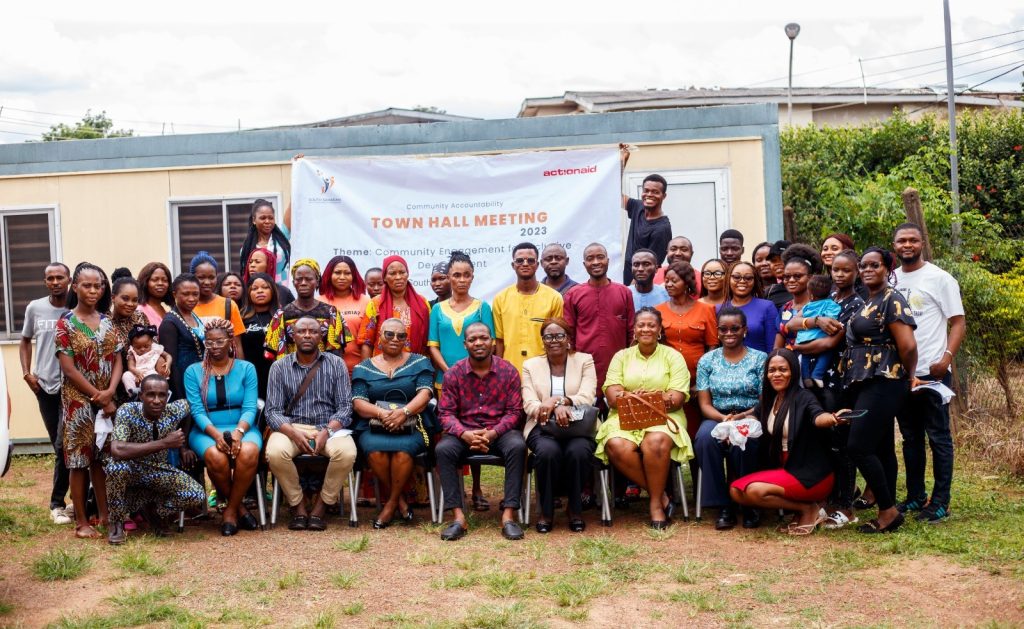Ben Ezechime, Enugu
The Facilitator of Strategic Partnership Agreement (SPA II) Project, Mr Collins Nebo, has advocated that projects in communities must be people’s demand-driven for wider impact and usage by residents.
Nebo made the call on Wednesday in Enugu at the Community Accountability Committee Town-Hall Meeting of the Strategic Partnership Agreement (SPA II) being organised by the South Saharan Social Development Organisation (SSDO) and Actionaid Nigeria.
He said that not making projects community/people demand-driven in the onset of planning and budgeting makes such projects not used, abandoned and a waste of time and scarce resources.
According to him, governments, donor agencies and development partners should stop this attitude of forcing projects on community people without due engagement and accessing the needs of the people from their own perspective.
“Even if the intention of a project is noble; the people must be duly consulted and carried along; and if need be, let the community people say their priority need or socio-economic challenge, which a given project will solve.
“This remains the reason why you go into some communities and you see some projects taken over by weeds and reptiles; and nobody within the community bothers to use them or take direct ownership, responsibility and protection,” he said.
Nebo urged people at the community level, especially the youths, to take active part in community issues particularly on project idea engagements/town-hall meetings, planning, budgeting and project tracking to ensure that specifications of projects are met.
Earlier, Mr Udochukwu Egwim, the Programme Manager of Strategic Partnership Agreement (SPA II) Project, said that the purpose of the event was to disseminate the findings of SPA recent comprehensive budget tracking conducted in some council areas in Enugu State.
According to him, the SPA four-year project being implemented by SSDO and Actionaid, is dedicated to enhancing the realisation of basic human and democratic rights, improving sustainable livelihoods and resilience in communities.
He also said that the SPA project also guaranty’s protection for young people with a particular focus on young women living in marginalised conditions in Nigeria.
“As part of the project, we conducted intensive training programmes for youths in four council areas within Enugu State; namely: Aninri, Enugu South, Igbo-Eze North and Isi-Uzo Local Government Areas (LGAs).
“Subsequently, the participating youth people’s groups established Community Accountability Committees (CACs) in each of these LGAs.
“The primary objective of these CACs is to monitor the progress of projects slated for implementation within the council areas, particularly those falling under the Capital Projects category as outlined in the Enugu State Multi-Year Budget (2022 to 2024).
“These committees play a vital role in determining the status of these projects and ensuring transparency and accountability in the allocation of resources,” he said.
Mr Sylvester Okeke, a team lead of the CACs members on budget/project tracking, said that he led his team to track four projects within Enugu South council area for some months.
“We tracked four projects within communities in Enugu South council area; one of the projects is still ongoing, two have been completed and put to active use by the people and one of the projects not done according to quality specifications.
“In conclusion, I will say there is need for improvement and ensuring that people get value for the money governments spend on community projects,” Okeke said.

